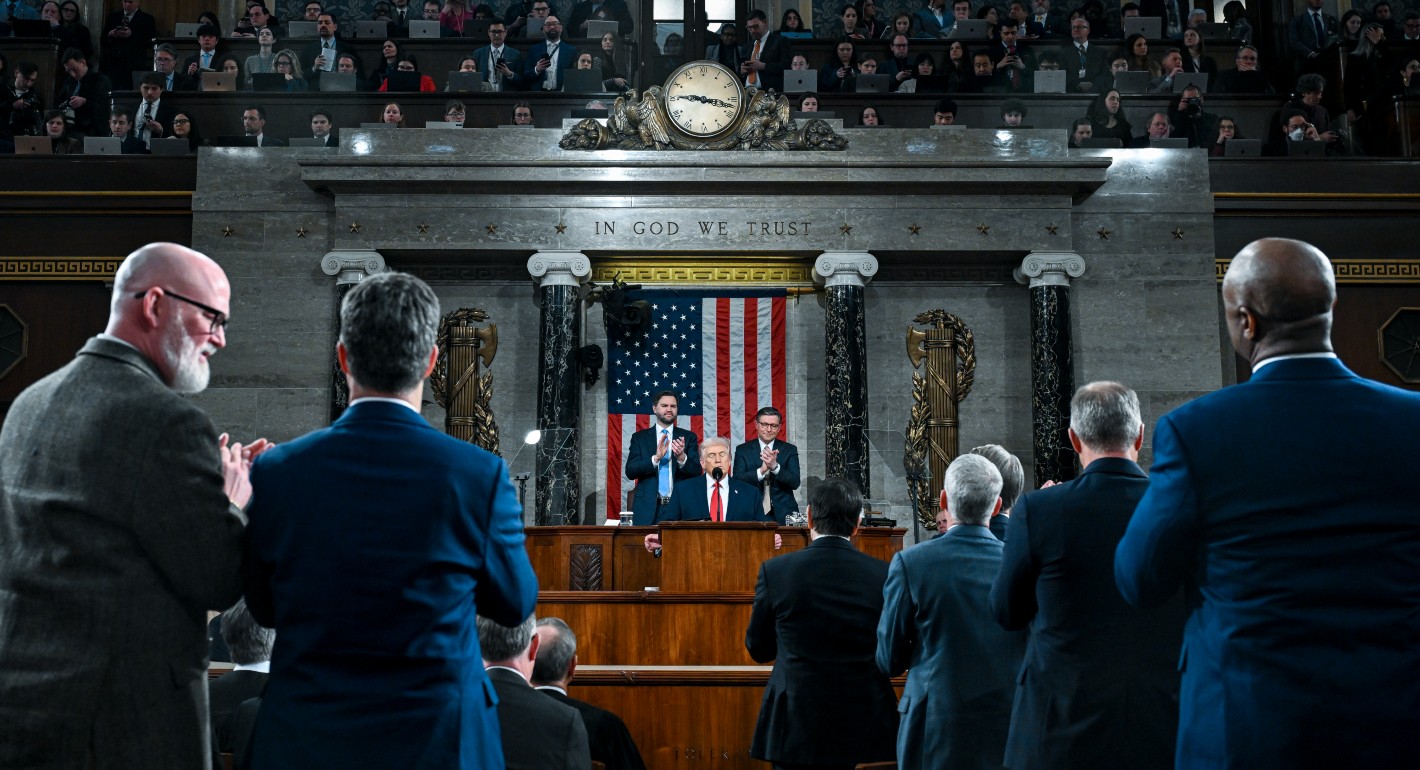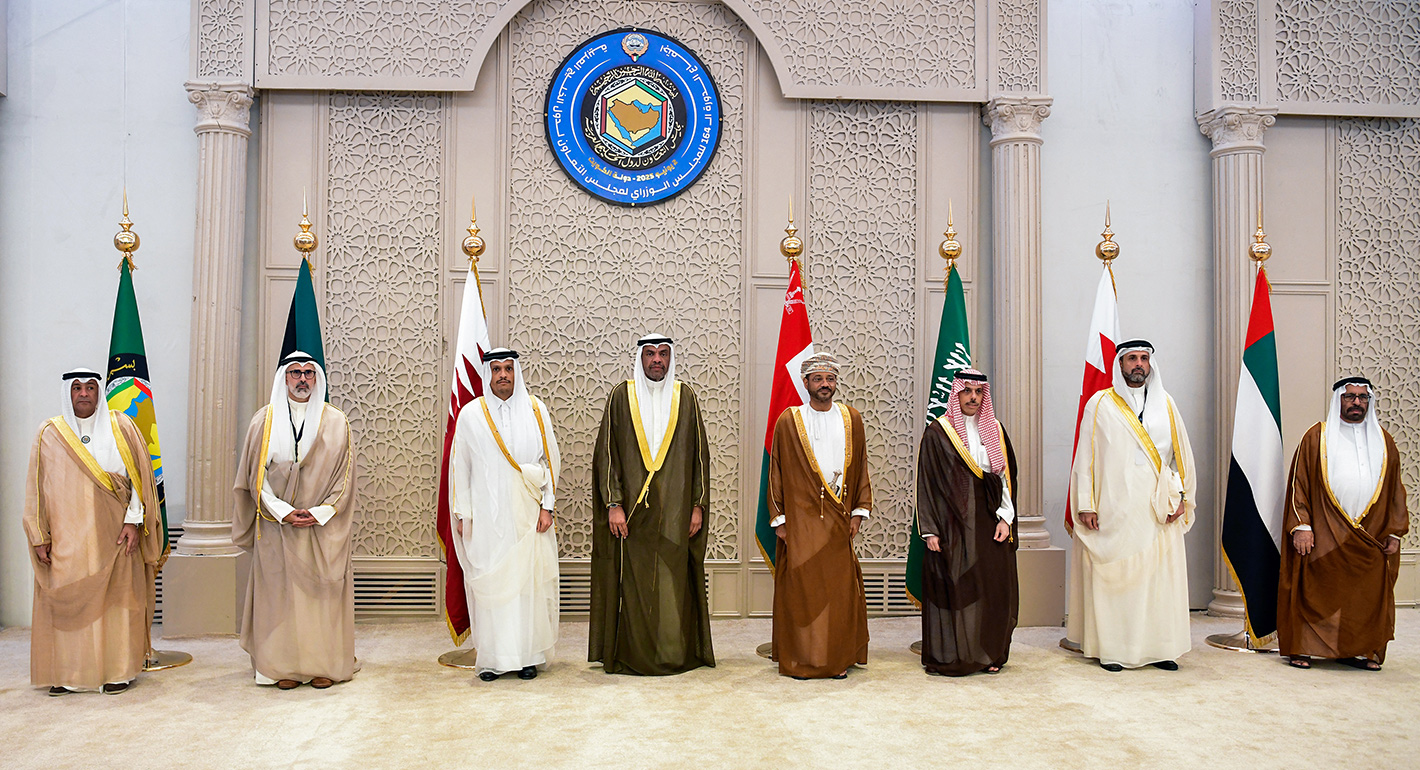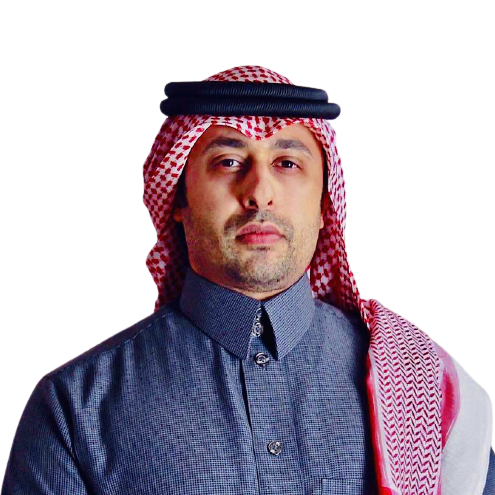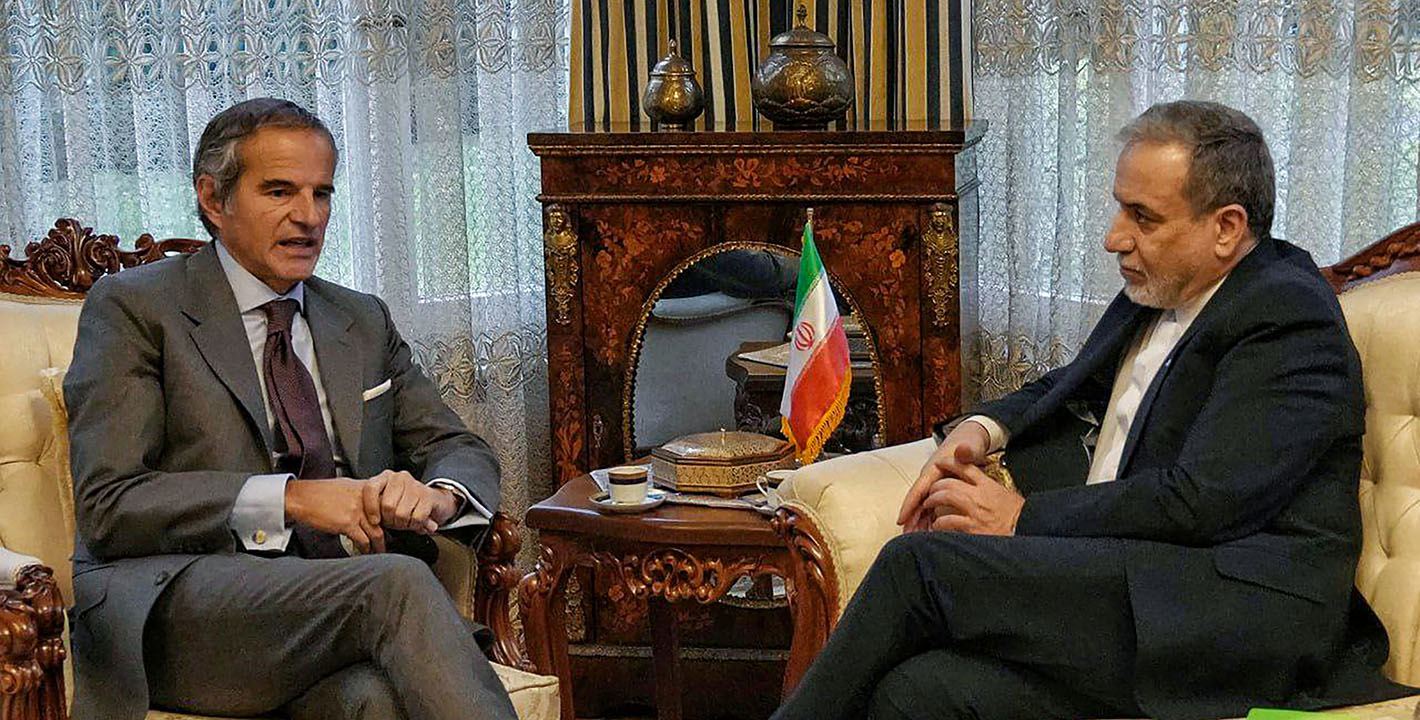Aaron David Miller, Karim Sadjadpour, Robin Wright
{
"authors": [
"Karim Sadjadpour"
],
"type": "legacyinthemedia",
"centerAffiliationAll": "dc",
"centers": [
"Carnegie Endowment for International Peace",
"Malcolm H. Kerr Carnegie Middle East Center"
],
"collections": [],
"englishNewsletterAll": "menaTransitions",
"nonEnglishNewsletterAll": "",
"primaryCenter": "Carnegie Endowment for International Peace",
"programAffiliation": "MEP",
"programs": [
"Middle East"
],
"projects": [],
"regions": [
"Middle East",
"Iran"
],
"topics": [
"Political Reform",
"Democracy"
]
}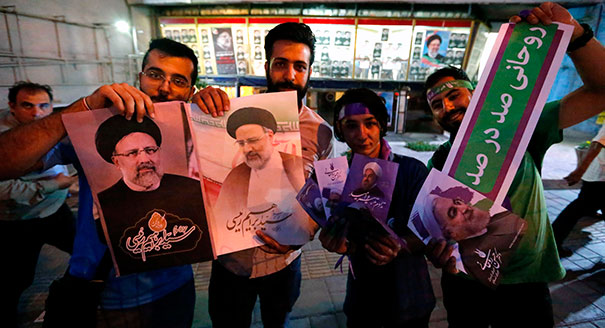
Source: Getty
Maximum Drama, Minimum Change: Iran’s Presidential Elections
While the differences between Rouhani and Raisi are meaningful, and the competition between them is genuine, four decades of Iranian presidential elections have had little impact on Iran’s major domestic and foreign policies.
Source: Atlantic
“The smart way to keep people passive and obedient,” wrote Noam Chomsky, “is to strictly limit the spectrum of acceptable opinion, but allow very lively debate within that spectrum.”
Chomsky’s observation aptly captures Iran’s May 19 presidential election, which has become a two-man race between centrist incumbent President Hassan Rouhani and hardline cleric Ebrahim Raisi. Barring major fraud and popular tumult, a win for either one would be positive for 77-year-old Iranian Supreme Leader Ayatollah Ali Khamenei, who will remain the most powerful man in the country.
In their book Competitive Authoritarianism, Harvard’s Steven Levitsky and University of Toronto’s Lucan Way write that modern democracies all meet four minimum criteria:
1) Executives and legislatures are chosen through elections that are open, free, and fair; 2) virtually all adults possess the right to vote; 3) political rights and civil liberties, including freedom of the press, freedom of association, and freedom to criticize the government without reprisal, are broadly protected; and 4) elected authorities possess real authority to govern, in that they are not subject to the tutelary control of military or clerical leaders.
Iran egregiously violates these criteria. Its presidential elections are a closed competition between pious Shiite males deemed sufficiently loyal to revolutionary principles. All candidates are vetted by the conservative Islamic Guardian Council, whose 12 members are either directly or indirectly selected by Khamenei. Yet not only do virtually all adult Iranians have the right to vote, they are strongly encouraged to vote to confer legitimacy on the system. “Regardless of who wins the majority of votes,” Khamenei said recently, “the main winner is the regime of the Islamic Republic.”
* * *
In a country that forbids youthful fun—dancing, music, gender-mixing, and alcohol—presidential elections are like an open-air carnival that comes every four years. Candidates must try and appeal to two competing constituencies: A young, modern Iranian electorate eager for change, and a set of entrenched, dogmatic military and clerical protectors eager to crush change. Raisi is the enthusiastic candidate of the latter, while Rouhani is the default candidate of the former.
Raisi oversees Iran’s largest religious shrine and conglomerate, Mashad-based Astan Qods Razavi, a Shiite Berkshire Hathaway that controls land, industry, and media, and employs hundreds of thousands of people. Estimates of its tax-free assets, which include massive religious donations, vary dramatically, but are often north of a hundred billion dollars.
Raisi is also notable for his role as one of four judges who implemented an order from then-Supreme Leader Ayatollah Khomeini order to summarily execute over 5,000 young Iranian political prisoners in the summer of 1988. Many were members of the Mujahedin-e Khalq opposition group, and most were hanged by crane or shot by firing squad. A mother I interviewed years ago in Tehran told me that when she sought to retrieve her executed daughter’s body, the government demanded payment for the bullet. “Raisi should be on trial for the most heinous crime in contemporary Iranian history,” said Hadi Ghaemi, the executive director of the Center for Human Rights in Iran.
The Rouhani campaign has been aided by Raisi’s dubious record, just as French candidate Marine Le Pen’s hateful candidacy fueled enthusiasm for her ultimately victorious opponent, Emmanuel Macron. While Rouhani has admitted during the campaign that he has not been “allowed” to move Iran forward, at least he does not want to drive it backward.
A victory by either candidate offers advantages to Khamenei. A Raisi victory would provide something the supreme leader has always sought in a president: An obsequious mini-me in appearance, demeanor, and most importantly worldview.
A second term for Rouhani and his Foreign Minister Javad Zarif, on the other hand, will make it more difficult for the United States to rally international support against Iran, given that those men are perceived as reasonable pragmatists. This is precisely why notable Iran hawks in Washington have endorsed Raisi.
* * *
While the differences between Rouhani and Raisi are meaningful, and the competition between them is genuine, four decades of Iranian presidential elections have had little impact on Iran’s major domestic and foreign policies.
Iran continues to execute more people per capita than any country in the world. Virtually every human-rights and press freedom index ranks Iran near the bottom. It likely holds more U.S. citizens hostage, including the ailing 80-year-old Baquer Namazi and his 44-year-old son Siamak, than any country in the world. Women are treated as second-class citizens; religious minorities and homosexuals are persecuted.
Nor have Iranian elections impacted the Islamic Republic of Iran’s longstanding strategic pillars, namely opposition to the United States and Israel, and rivalry with Saudi Arabia. President Obama’s unprecedented efforts to engage Khamenei were unreciprocated. During President Hassan Rouhani’s tenure, Iran’s support for Syria’s murderous Assad regime and Shiite militias increased, despite Assad’s repeated use of chemical weapons.
It is true that Rouhani’s 2013 election broke the taboo of direct, overt dialogue with the United States, which led to the 2015 nuclear deal formally known as the Joint Comprehensive Plan of Action. But while many hoped this reflected a strategic Iranian decision—much like Mao’s China made in the 1970s—to reorient itself toward the U.S., it appears clear that for Tehran’s hardliners the nuclear deal was merely a tactical, and perhaps temporary, decision to stave off economic pressure, while enmity toward America remains strategic.
If Rouhani wins, the future of the nuclear deal remains tenuous, but it will at least have a strong advocate in Tehran. If Raisi wins, the nuclear deal will be orphaned. Its parents—Obama and Rouhani—will have been replaced by ambivalent caretakers who’ve shown little interest in its welfare.
In addition to the future of the nuclear deal, the elections could potentially play a role in shaping succession to Khamenei, who will be 78 in July. Yet despite rumors of prostate cancer, in speeches and public appearances Khamenei appears in good health. “A paleo diet to complement his paleo worldview,” quipped an Iranian friend.
* * *
Credibly predicting Iranian elections is impossible. Despite our myriad polls and “big data”—which Iran lacks—virtually no one predicted the election of Donald Trump. The very few independent Iran polls give Rouhani a significant lead over Raisi, but the Revolutionary Guard-controlled Fars News agency gives Raisi a 3-point advantage. International election observers are strictly forbidden, and small-scale ballot-stuffing is difficult to prove in smaller towns and provinces whose precincts are often overseen by Iranian security forces.
One of Iran’s best-regarded political scientists, who asked for anonymity, told me: “The right wing has made a huge investment in Raisi, moving incrementally forward over the last four months. They are measured and well organized. If Rouhani wins, I'd be surprised.”
Iran’s hardliners will want to avoid the massive uprising that followed the contested reelection of President Mahmoud Ahmadinejad in 2009. Yet they may also feel they could get away with fraud, given the failed example of the Arab uprisings and the fact much of the world—including the United States—appears so absorbed by internal chaos that there’s not much they could or would do in response.
Iranian elections are designed to produce maximum drama before the vote, and minimum drama (and change) after the vote. Given the ferocity of this election, however, and the dramatic difference between independently conducted polls (which project a Rouhani landslide) and state-controlled polls (which predict a Raisi victory), allegations of fraud by the losing side seem likely. The big question is whose votes will count most on Friday: Iran’s electors or the Islamic Republic’s protectors?
History has shown us that what matters most for authoritarian regimes like Iran is often not the breadth of their support but the depth of their support. Rouhani may have far more social media followers than Iran’s hardliners, but regardless of the outcome the latter will continue to have far more guns.
About the Author
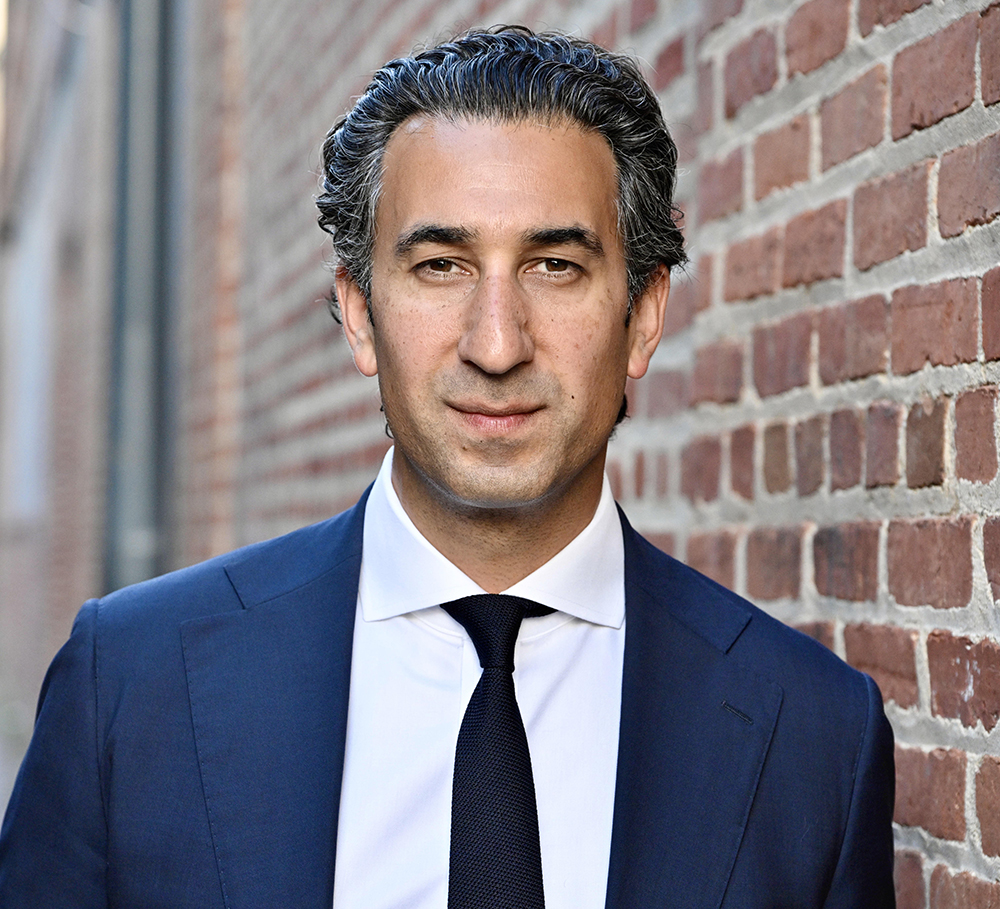
Senior Fellow, Middle East Program
Karim Sadjadpour is a senior fellow at the Carnegie Endowment for International Peace, where he focuses on Iran and U.S. foreign policy toward the Middle East.
- What’s Keeping the Iranian Regime in Power—for NowQ&A
- How Washington and Tehran Are Assessing Their Next StepsQ&A
Aaron David Miller, David Petraeus, Karim Sadjadpour
Recent Work
Carnegie does not take institutional positions on public policy issues; the views represented herein are those of the author(s) and do not necessarily reflect the views of Carnegie, its staff, or its trustees.
More Work from Carnegie Endowment for International Peace
- The Kremlin Is Destroying Its Own System of Coerced VotingCommentary
The use of technology to mobilize Russians to vote—a system tied to the relative material well-being of the electorate, its high dependence on the state, and a far-reaching system of digital control—is breaking down.
Andrey Pertsev
- Indian Americans Still Lean Left. Just Not as Reliably.Commentary
New data from the 2026 Indian American Attitudes Survey show that Democratic support has not fully rebounded from 2020.
- +1
Sumitra Badrinathan, Devesh Kapur, Andy Robaina, …
- Trump’s State of the Union Was as Light on Foreign Policy as He Is on StrategyCommentary
The speech addressed Iran but said little about Ukraine, China, Gaza, or other global sources of tension.
Aaron David Miller
- Can the Gulf Cooperation Council Transcend Its Divisions?Article
Without structural reform, the organization, which is racked by internal rivalries, risks sliding into irrelevance.
Hesham Alghannam
- U.S. Aims in Iran Extend Beyond Nuclear IssuesCommentary
Because of this, the costs and risks of an attack merit far more public scrutiny than they are receiving.
Nicole Grajewski








